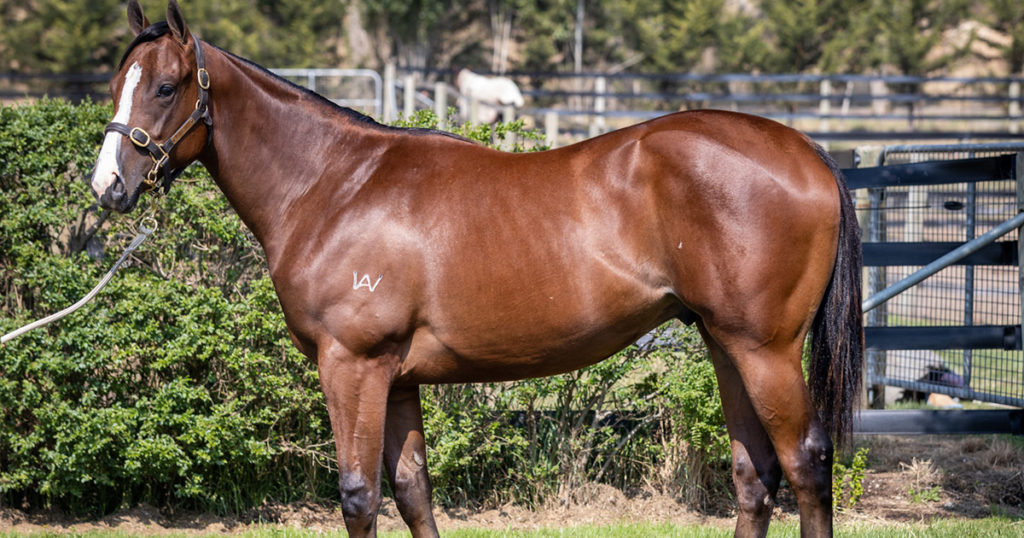It’s well appreciated that horses and ponies (just like humans) have basic daily mineral and vitamin needs. Whilst a forage (pasture, hay) based diet forms the foundation of sound nutrition and health in our horses, it fails to meet key essential mineral requirements. Unless these minerals are added into our horses’ diets, their overall health and performance is compromised.
Providing our horses and ponies with multi mineral licks (also often referred to as balancer licks, mineral blocks, vitamin licks, etc) may appear to be an easy solution to this, with the belief that horses who have access to them will have their basic daily mineral and vitamin needs met. It is common to be under the impression that horses will consume these licks in accordance to their needs.
If only it was so simple!
With the exception of salt, there is very little research to suggest that horses seek out specific minerals in accordance to what their body needs. Most horses seek to consume these licks due to the flavours or sweeteners added, or out of boredom.
We can’t control how much of these licks our horses consume, nor can we accurately measure their mineral intake from the consumption of these. Some horses may fall well short of key mineral requirements if we rely on them to consume mineral blocks to meet their needs. Other horses who consume the licks more readily may have an excessive intake of particular nutrients. It’s important to be aware that consuming excessively high levels of particular minerals can have health effects just as undesirable as consuming inadequate amounts of specific minerals.
If horses are indeed being driven to consume the lick due to a need of more salt in their diet, then no control exists over the quantities of the other minerals they are ingesting, as the very nature of these products combines all minerals in a set formulation.
Whilst mineral licks often look and smell appealing to us, this is commonly attributed to them containing dyes, fillers and sweeteners: things we don’t want to be feeding our horses. Another drawback of their use are the adverse effects they can have on a horse’s dentition. Many horses grind the blocks down with their teeth. This can result in unhealthy wear and damage to their teeth.
Whilst ensuring our horses’ and ponies’ have their baseline mineral and vitamin needs met, using mineral licks is unlikely to be very helpful in achieving this. A much better and more accurate way to meet and gauge our horses’ intakes of key essential nutrients is to feed a high quality and suitably formulated balancer feed, fortified feed or mineral supplement. These should be fed in appropriate quantities to meet the individual horse’s daily needs in relation to age, workload and reproductive stage (if applicable).

Camilla Whishaw is a highly regarded, experienced horsewoman and naturopath, helping to holistically treat and manage a broad range of equine health conditions and injuries, with a passion for mare and stallion fertility.
As a world-renowned practitioner, presenter, author, and consultant in the field of Equine Naturopathy, Camilla shares her knowledge through keynote presentations, interviews, lectures, panel sessions, and workshop training.





